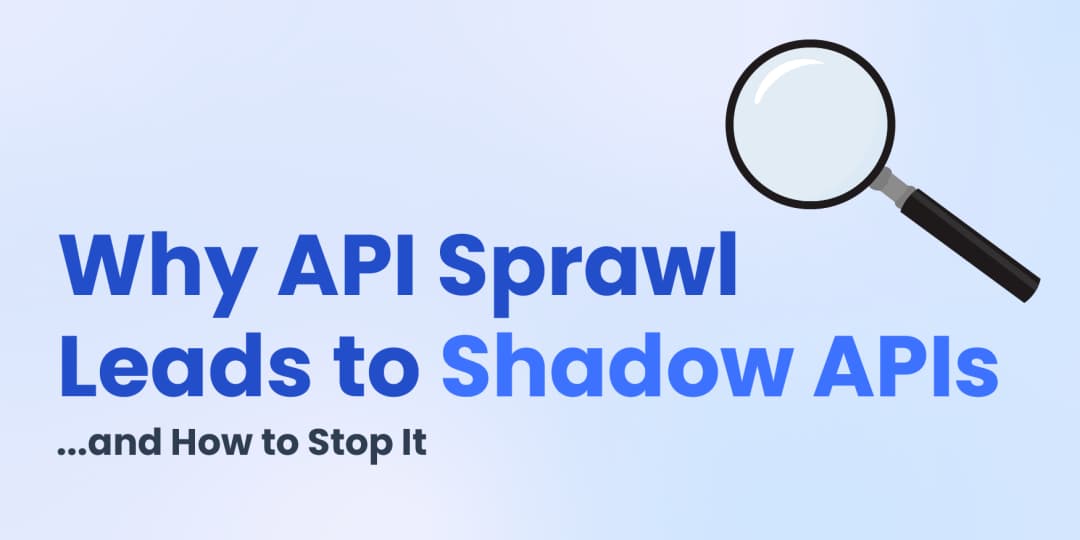API Design | Feb 5, 2024 | 4 min read | By Davor Kolenc

Davor Kolenc is a growth and content marketer, specializing in API observability and monitoring. He crafts developer-focused narratives and strategic content, regularly sharing insights through blog posts on IndieHackers, Hacker News, Dev.to, and Medium. Davor also engages with the developer community via social platforms like X, LinkedIn, Hacker Noon, and Product Hunt. His work centers on delivering meaningful value to software teams through content-driven growth and practical API guidance.
In an insightful conversation conducted by our CEO, Vedran Cindrić, API Strategist David Roldán Martínez shares his perspective on the evolving landscape of API management in 2024.
As businesses increasingly rely on Application Programming Interfaces (APIs) to enhance connectivity and deliver seamless digital experiences, the role of API Product Managers becomes pivotal. David sheds light on his top prediction for the year, emphasizing the escalating significance of API Product Management and its strategic centrality across diverse organizations. He articulates a compelling vision for the future, expressing a fervent wish for the acknowledgment of API Product Management as a fully-fledged discipline, complete with standardized best practices and dedicated resources.
Throughout the interview, David's excitement about the potential for API Product Management to shape the future of digital experiences is palpable, along with his call for greater collaboration and knowledge-sharing within the API community. This interview provides a glimpse into the dynamic and transformative landscape of API Product Management, offering valuable insights into the challenges, aspirations, and trends that define this field in 2024.
My foremost prediction revolves around the escalating importance and strategic centrality of API Product Management across businesses. As organizations increasingly depend on APIs to interconnect their systems and cater to customers, the role of an API Product Manager is set to become even more vital. Their key responsibility will be ensuring the effective development, marketing, and widespread adoption of APIs, establishing them as indispensable architects of digital connectivity.
Without a doubt, my greatest wish is to witness the recognition of API Product Management as a fully-fledged product management discipline. This entails the establishment of well-defined best practices, tools, and comprehensive training programs. Currently in an evolutionary phase, API Product Management lacks standardized approaches and easily accessible resources. The creation of robust methodologies and frameworks would not only add credibility to the field but also attract a more diverse and skilled talent pool.
What sparks my enthusiasm the most about API Product Management in 2024 is its potential to play a more prominent role in shaping the future of digital experiences. With APIs increasingly serving as the backbone of modern applications, the ability to design and manage APIs effectively will be crucial for businesses to craft seamless and engaging experiences for their users.
In my perspective, what the API Product Management community requires more of in 2024 is collaboration and knowledge sharing. Despite the wealth of expertise within the API community, it often remains confined within individual organizations. Improved sharing of knowledge and best practices is vital for everyone to learn from and enhance their skills. Undoubtedly, putting efforts into breaking down these silos will contribute to the overall growth and success of the API Product Management community.
In conclusion, David Roldán Martínez's insights illuminate the evolving trajectory of API Product Management, painting a future where its influence and necessity are undisputed. With APIs cementing their role as the linchpins of digital connectivity and user experience, the call for a structured, recognized discipline of API Product Management is both timely and critical.
David's vision extends beyond mere functionality; he envisages a realm where collaboration, knowledge-sharing, and strategic implementation of APIs redefine the essence of digital innovation and user engagement. Now that we are in 2024, it's evident that the role of API Product Managers has transcended traditional boundaries, steering organizations towards a future where seamless integration, strategic foresight, and robust API ecosystems are not just aspirations but essential components of success in the digital age.
 API Design
API DesignAPI authorization defines what an authenticated user or client can do inside your system. This guide explains authorization vs authentication, breaks down RBAC, ABAC, and OAuth scopes, and shows how to implement simple, reliable access control in REST APIs without cluttering your codebase.
 API Design
API DesignRate limiting sets hard caps on how many requests a client can make; throttling shapes how fast requests are processed. This guide defines both, shows when to use each, and covers best practices.
 API Design
API DesignUnmanaged API growth produces shadow endpoints you can’t secure or support. This guide explains how sprawl creates blind spots, the security and compliance risks, and a practical plan to stop it at the source.